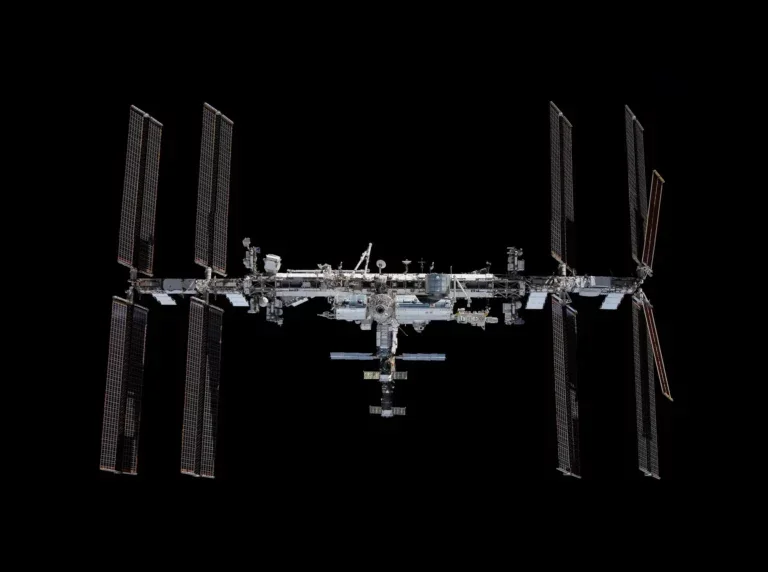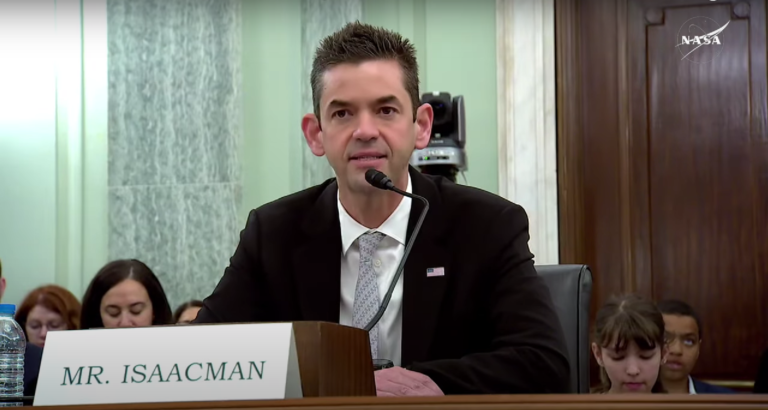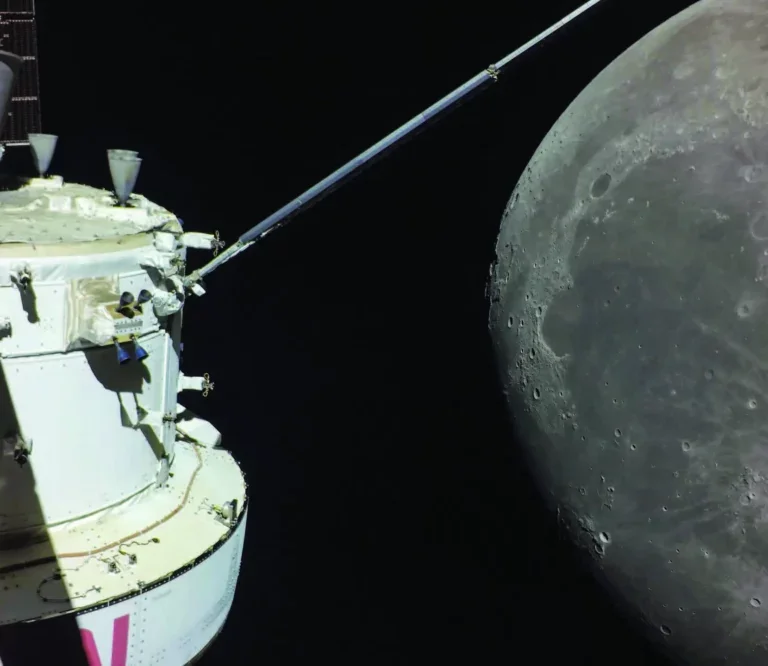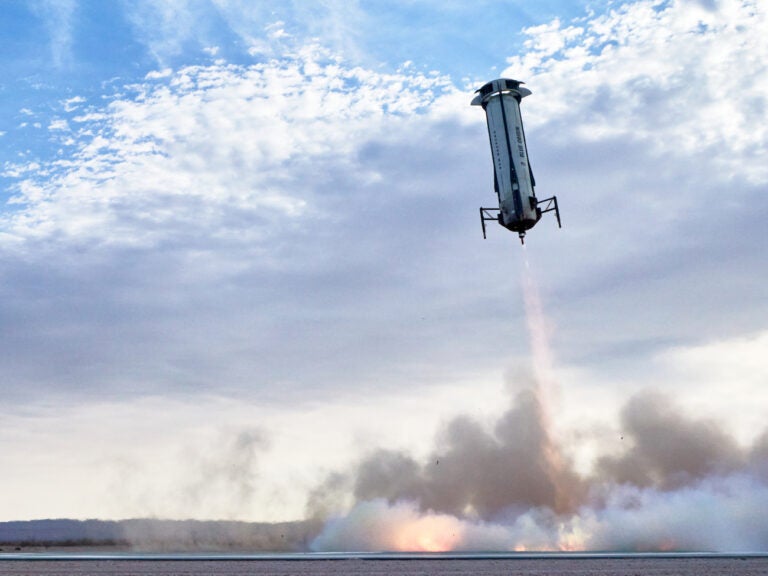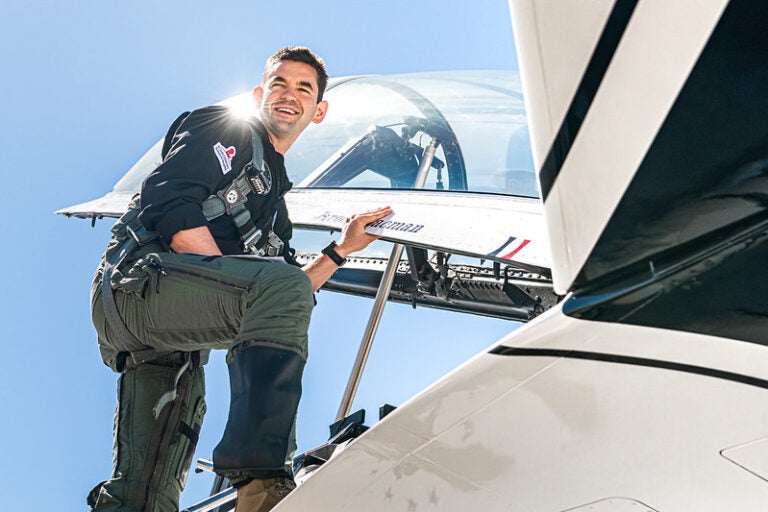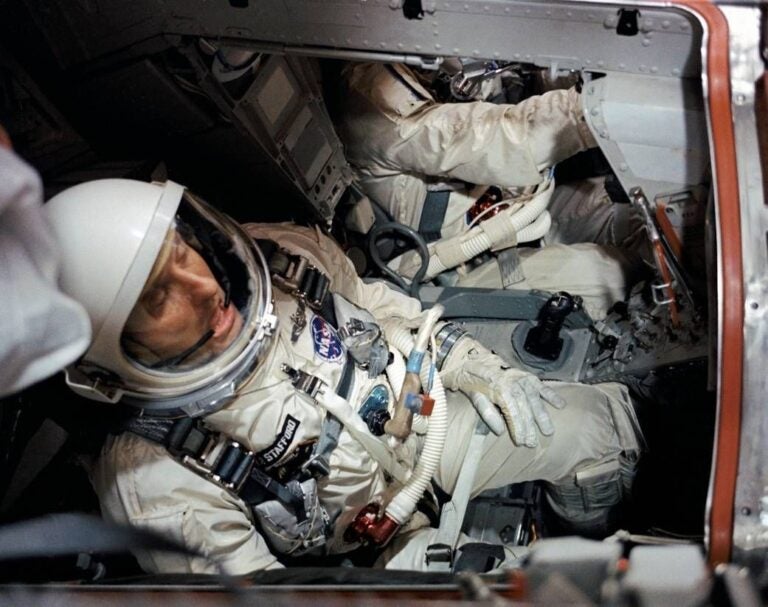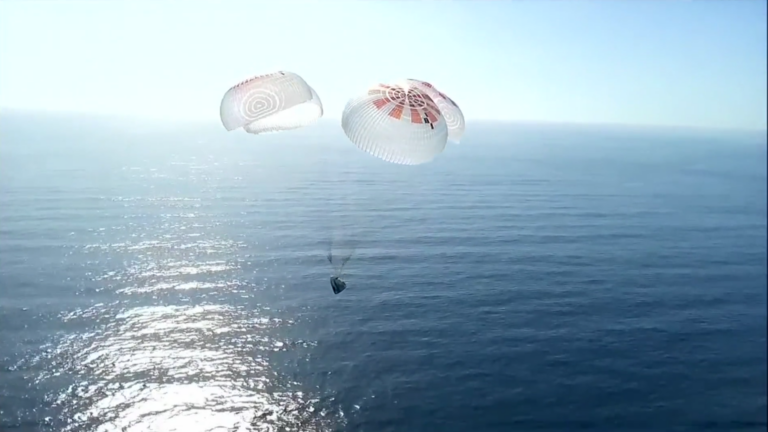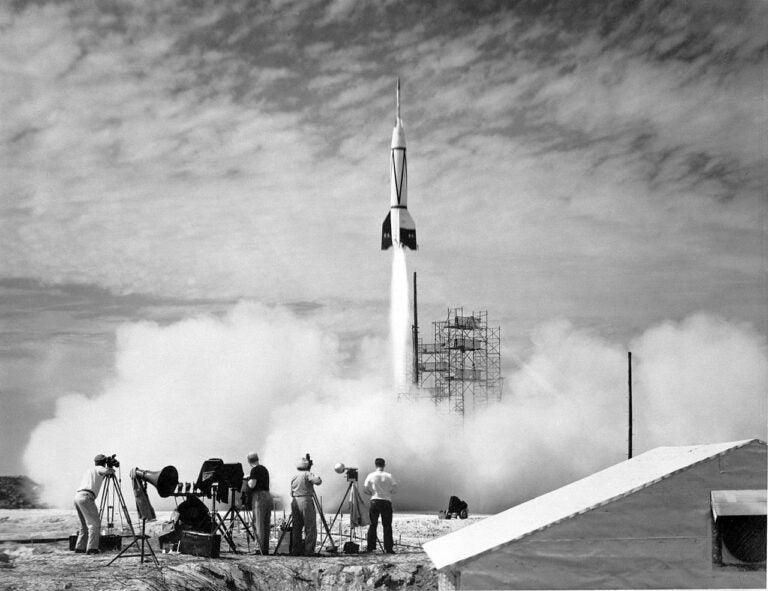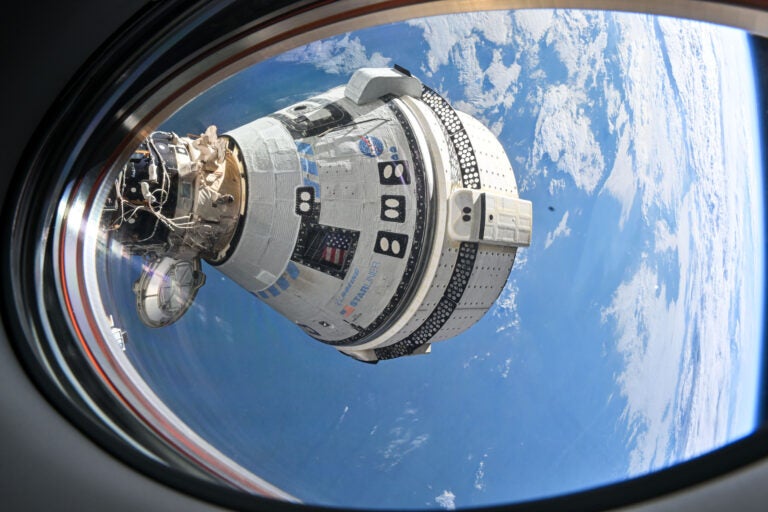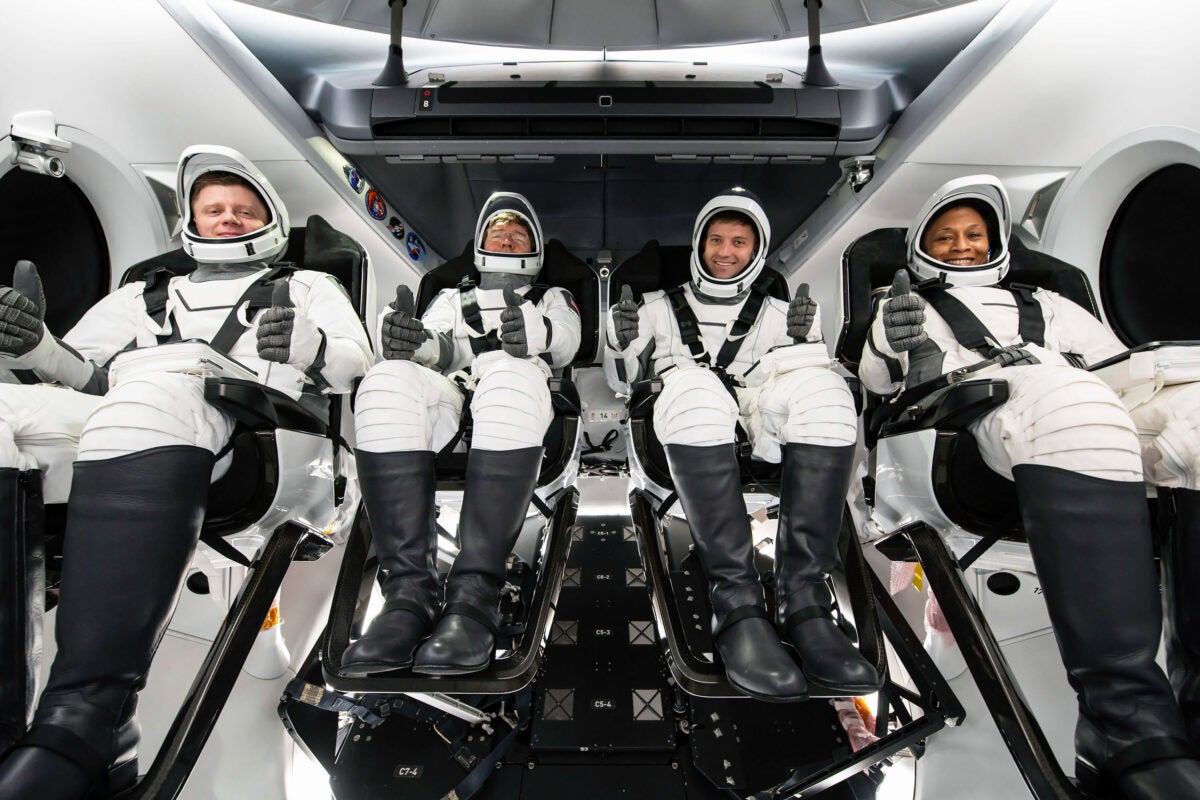
Four NASA astronauts are set to splash down Friday morning after spending more than 200 days aboard the International Space Station (ISS).
The four-person crew of NASA’s Crew-8 mission — comprising NASA astronauts Matthew Dominick, Michael Barratt, and Jeanette Epps, and Roscosmos cosmonaut Alexander Grebenkin — will return to Earth around dawn on Friday, splashing down off the coast of Florida.
Crew-8 is the eighth astronaut rotation mission to the ISS under NASA’s Commercial Crew program. The initiative leverages commercial providers — namely, SpaceX and Boeing — to help maintain a continuous human presence on the orbital laboratory, which has been occupied since 2000.
Here’s what to watch as the crew makes its return.
Extended stay
The Crew-8 astronauts launched in a SpaceX Crew Dragon capsule strapped to the company’s Falcon 9 rocket on March 4, autonomously docking to the ISS the following day. Like previous Commercial Crew missions — all of which have been flown on Dragons — it was planned to be a six-month stay.
That changed, however, when Boeing’s Starliner — the vehicle NASA hopes to certify as an alternative Commercial Crew vehicle to Dragon — got stuck in orbit. The initial mid-August return date was pushed further when hurricanes Helene and Milton ravaged the Space Coast, making a landing risky.
READ MORE: When Crew-8 returns from space, its SpaceX capsule will set records
As a result, Dominick, Barratt, Epps, and Grebenkin were accompanied at various times by the crews of NASA Expeditions 70, 71, and 72, as well as Starliner astronauts Butch Wilmore and Suni Williams.
During their nearly eight-month stay, the Crew-8 astronauts performed more than 200 scientific experiments. Some were intended to address issues back on Earth, such as degenerative diseases like Parkinson’s. Others focused on preparing humans to explore beyond Earth orbit, studying how plants can be grown in space or how astronauts could 3D print tissues, medicine, and even food.
It was the first spaceflight mission for both Dominick and Epps, who became the first Black woman to live on the ISS.
The return
NASA will begin live coverage of Crew-8’s splashdown on NASA+, the agency’s on-demand streaming service, beginning Friday at 2:15 a.m. EDT.
Dragon undocked itself from the ISS Wednesday evening and completed a series of departure burns, putting some distance between itself and the orbital lab. It will now perform a series of maneuvers to lower its orbit.
For most of the day Thursday, the crewmembers will remain in a planned eight-hour sleep period. When they awake in the evening, they will begin final preparations, donning reentry spacesuits and performing leak checks. Dragon will jettison its trunk and begin a deorbit burn around 2:39 a.m. EDT before making a parachute-assisted splashdown about one hour later. A SpaceX recovery vehicle will retrieve the spacecraft, and a helicopter will pick up the crew.
Not included on the Crew-8 return manifest are Williams and Wilmore, who flew to the ISS in June on what was intended to be an approximately weeklong test mission. They will instead hitch a ride on the Dragon that launched NASA’s two-person Crew-9 mission, which is expected to return in February, after their own eight-month stay.
Following Crew-8’s return, NASA at 5 a.m. EDT Friday will host a live Q&A with Richard Jones, deputy manager of Commercial Crew, Bill Spetch, operations and integration manager of NASA’s ISS program, and an unnamed SpaceX representative.
The Crew Dragon Endeavour carrying the astronauts will set several records upon its return, including the longest flight by a crew-carrying spacecraft: 225 days. Several astronauts have surpassed that milestone, but they completed their missions using different spacecraft for launch and return. The mark is expected to be beaten in March when a Soyuz MS-27 carries Roscosmos cosmonauts Sergei Ryzhikov and Alexei Zubritsky and NASA astronaut Jonny Kim to the ISS for a planned eight-month mission.
With Crew-8 in the books, Endeavour will have flown four multi-month ISS expeditions and an Axiom Space private research flight, carrying a total of 18 crewmembers from around the world.
Editor’s note: This article first appeared on FLYING.

